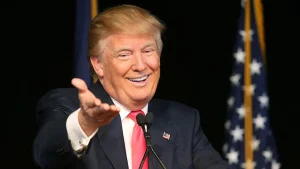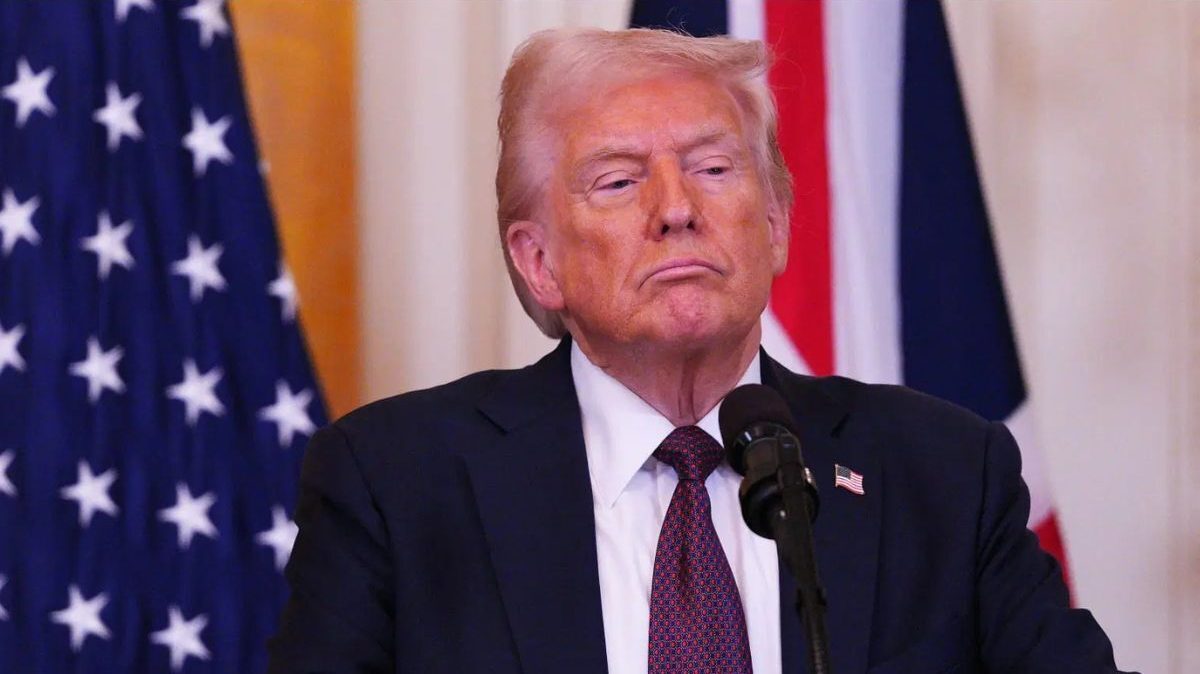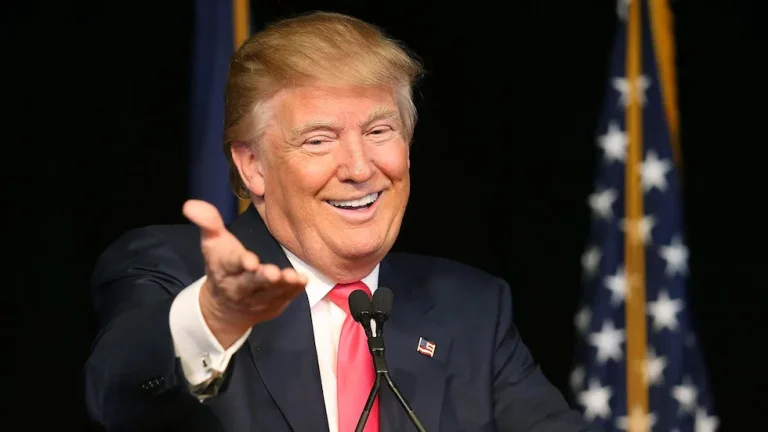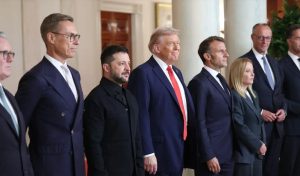Trump’s Remark Raises Eyebrows
In a moment that stunned even some of his most loyal followers, President Donald Trump linked his drive for peace negotiations to his own concerns about the afterlife. During a Fox & Friends interview following high-stakes talks with European leaders and Ukrainian President Volodymyr Zelensky, Trump admitted he had been told his chances of “getting to Heaven” were not looking good.
The comments came as Trump continued his push for a settlement to the nearly four-year-long war between Russia and Ukraine, an effort he has framed as both strategic and deeply personal. His words immediately sparked debate over what motivates his diplomacy and whether this unusual admission reveals more than he intended.
A Summit with Global Stakes
The backdrop to Trump’s remarks was nothing short of historic. On Monday, the White House hosted a gathering of European leaders, including France’s Emmanuel Macron, Germany’s Friedrich Merz, Italy’s Giorgia Meloni, the United Kingdom’s Keir Starmer, Finland’s Alexander Stubb, NATO Secretary General Mark Rutte, and European Commission President Ursula von der Leyen.
The meeting focused on potential security guarantees for Ukraine, with Trump suggesting that coordinated commitments from Europe, backed by U.S. involvement, could create the framework for a peace settlement. Zelensky expressed cautious optimism, while other European leaders described the discussions as unusually productive compared to past diplomatic efforts.
Trump later revealed that he had followed the summit by calling Russian President Vladimir Putin to begin arranging a direct meeting between Putin and Zelensky — with himself serving as the third party. He described the talks as an “early step” in what he hopes will become a turning point in the long and brutal conflict.
Trump’s Heaven Connection
It was during his Fox & Friends appearance, however, that Trump linked his diplomatic push to an almost spiritual calculation.
“I just want to end it,” Trump said, referring to the war. “We’re not losing American lives, we’re not losing American soldiers. We are losing Russian and Ukrainian, mostly soldiers, some civilians as missiles hit wrong spots. But if I can save 7,000 people a week from being killed… I think that’s a pretty good thing. I want to try and get to Heaven if possible, though I’m hearing I’m really at the bottom of the totem pole.”
He went further, citing his role in defusing past tensions between India and Pakistan, when military jets were being shot down and a nuclear clash was feared. “I think I saved a lot of lives then too,” Trump said. “Maybe this helps me get into Heaven.”
The mixture of political calculation and personal reflection was unusual even for Trump, whose style has long blended bravado with unpredictability.
Reaction from Allies
Reactions to Trump’s comments were mixed. Some allies praised his willingness to frame peace efforts in human terms, arguing that the world has grown numb to casualty figures and needs leaders willing to see war through a moral lens. Others, however, worried that tying diplomacy to personal salvation undermined the seriousness of U.S. strategy and reduced it to a campaign for spiritual redemption.
European leaders were more measured. Zelensky thanked Trump for “breaking the deadlock” with Putin, while Rutte said the meeting represented “sensitive progress” after years of stalemate. Stubb added that the past two weeks had seen “more progress in ending this war than in the past three and a half years.”
The Larger Debate
Trump’s comments come at a pivotal moment. Pressure is mounting on all sides as the war drags on with staggering costs. European nations are torn between upholding principles of sovereignty and finding a way to stop the bloodshed. Washington itself is divided, with some urging tougher measures against Moscow and others insisting that compromise is the only realistic option.
By framing his peace push as tied not only to political legacy but also to personal destiny, Trump has opened a new chapter in this already complex story. Whether his efforts yield a breakthrough or falter in the face of entrenched hostilities remains to be seen.
What Comes Next
Trump signaled that a trilateral meeting between himself, Zelensky, and Putin may be on the horizon. If it happens, it could mark the most direct engagement between the two adversaries since the war began. For now, Trump insists the groundwork has been laid.
“Everyone is very happy about the possibility of peace,” he said after the White House summit. “This is a very good early step for a war that has gone on far too long.”
Yet even as he pushes forward, Trump’s unusual remarks about Heaven leave lingering questions. Is this diplomacy shaped by legacy, by politics, or by a personal reckoning with his place in history — and beyond?

James Jenkins is a celebrated Pulitzer Prize-winning author whose work has reshaped the way readers think about social justice and human rights in America. Raised in Atlanta, Georgia, James grew up in a community that instilled in him both resilience and a strong sense of responsibility toward others. After studying political science and creative writing at Howard University, he worked as a journalist covering civil rights issues before dedicating himself fully to fiction. His novels are known for their sharp, empathetic portraits of marginalized communities and for weaving personal stories with broader political realities. Jenkins’s breakout novel, Shadows of Freedom, won national acclaim for its unflinching look at systemic inequality, while his more recent works explore themes of identity, resilience, and the fight for dignity in the face of oppression. Beyond his novels, James is an active public speaker, lecturing at universities and participating in nonprofit initiatives that support literacy and community empowerment. He believes that storytelling is a way to preserve history and inspire change. When not writing, James enjoys jazz music, mentoring young writers, and traveling with his family to explore cultures and stories around the world.









